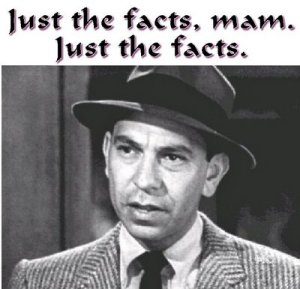Coincidentally just after posting my last article attempting to demonstrate how bias is inevitable in any research, I started reading an expansion of the same idea in Dennis Nineham’s The Use and Abuse of the Bible.
I will try to minimize the high conceptual jargon and focus on Nineham’s illustrations as he leads the reader step by step into an understanding of the source of our most fundamental and hidden biases. (In all quotations the paragraphing and bolded font is mine. Italics are original.)
To illustrate the way people have rarely been able to distinguish between data or phenomena in the world and their own culturally determined interpretations of it (compare my point in the previous post that some scholars cannot distinguish between raw data and their interpretation of it), Dennis Nineham writes:
Suppose a man lives in a society in which all illness is understood as due to demon-possession. The only questions he will be able to ask about his health — or, mutatis mutandis, about other people’s health — will be: Am I possessed by a demon; and if so, what sort of a demon is it and how can it be expelled?
Because no alternative understanding is available in his community, the symptoms, real of imaginary, which lead him to ask the question will actually be experienced as demonic activity. The pains will feel like a demon biting at his vitals, the rash will be seen as a demon’s claw-marks, and so on. (pp. 4)
Nineham then imagines a slightly more sophisticated situation where the same man lives in a community that permits the existence of an alternative religion that ascribes all sickness to witchcraft.
Even then the understandings of illness available to the man will be limited to these two. He will still not be able, for example, to interpret his symptoms as the end result of a chain of natural causes and effects after the manner of a modern doctor.
What do we mean by “understanding” something?
Nineham then moves to the next point: Continue reading “Why Bias is Impossible to Avoid and So Hard to Detect”

